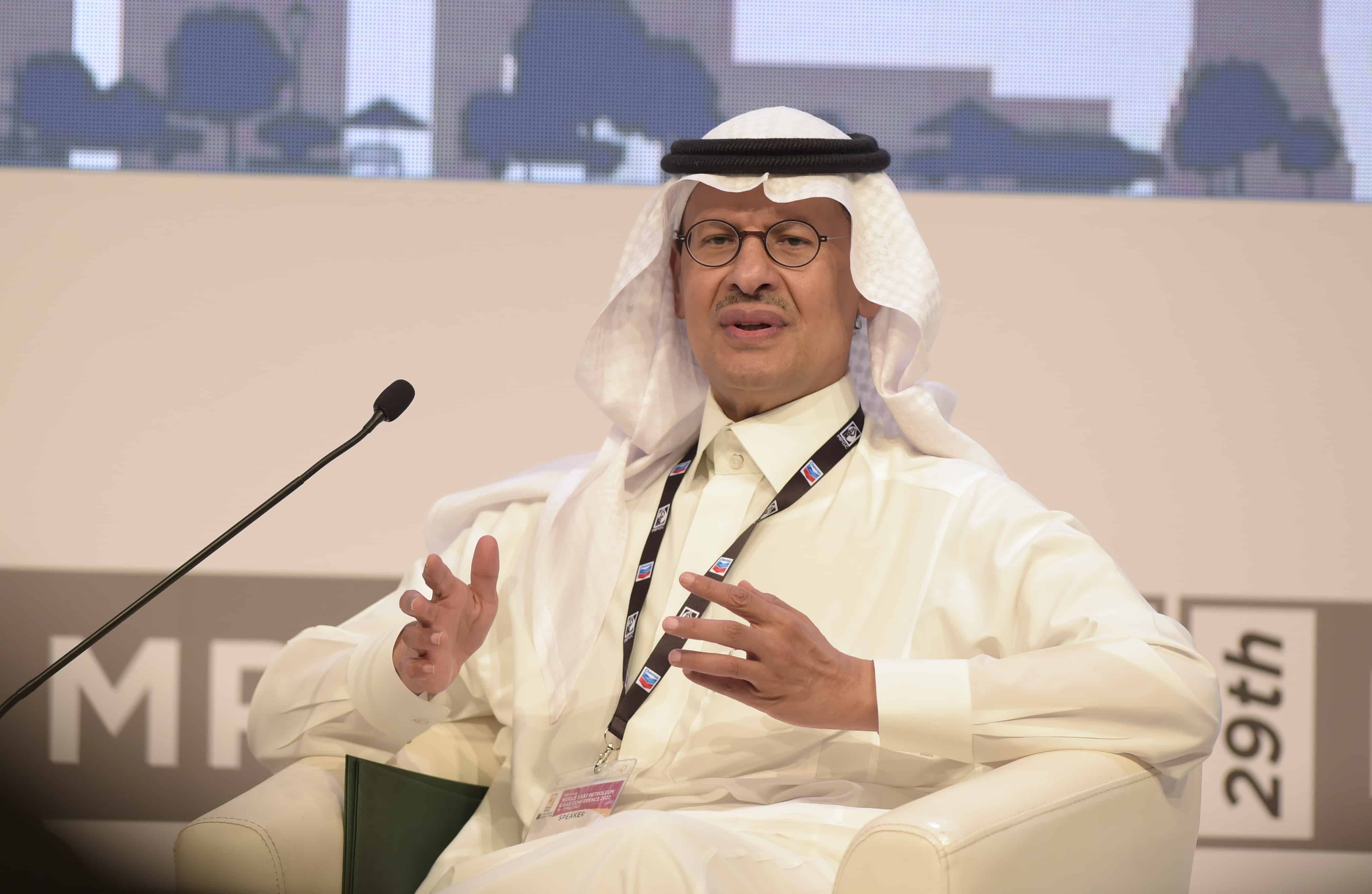They had agreed to increases of almost 650,000 bpd in July and August, but the cartel has struggled to meet its quotas.
Oil prices have dropped from a peak in June due to growing supplies as well as concerns over the deteriorating economic outlook.
“Volatility and thin liquidity send erroneous signals to markets at times when clarity is most needed,” said Prince Abdulaziz.
He warned that a “vicious circle” was being “amplified by the flow of unsubstantiated stories about demand destruction, recurring news about the return of large volumes of supply, and ambiguity and uncertainty about the potential impacts of price caps, embargoes, and sanctions.”
OPEC raised production by 162,000 barrels in July to a total of 28.8 million bpd, with most of the output coming from Saudi Arabia, the United Arab Emirates and Kuwait, according to its monthly report.
“In OPEC+ we have experienced a much more challenging environment in the past and we have emerged stronger and more cohesive than ever,” said Prince Abdulaziz.
“Soon we will start working on a new agreement beyond 2022”, he added.








